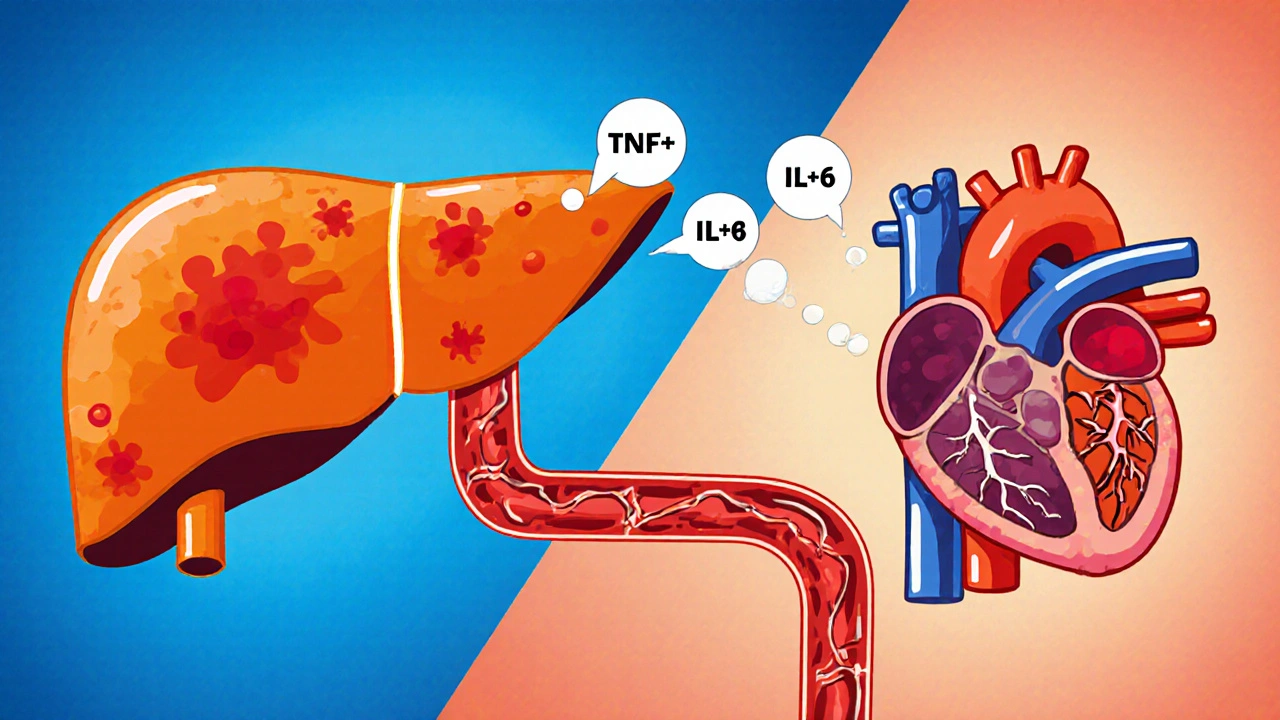Explore how chronic hepatitis B raises heart disease risk, the science behind it, and practical steps to protect your cardiovascular health.
Heart Disease: Causes, Treatments, and What You Need to Know
When we talk about heart disease, a group of conditions that affect the heart’s structure and function, often caused by blocked arteries, high blood pressure, or metabolic issues. Also known as cardiovascular disease, it’s the leading cause of death worldwide—not because it strikes suddenly, but because it creeps in quietly over years. Many people think heart disease means a heart attack, but it’s more than that. It includes coronary artery disease, heart failure, arrhythmias, and valve problems. And it doesn’t just happen to older adults. Poor diet, lack of movement, stress, and untreated conditions like diabetes, a metabolic disorder that damages blood vessels and nerves over time are pushing it into younger populations.
One of the biggest hidden connections? blood pressure medication, drugs like beta-blockers and ACE inhibitors used to manage hypertension, which is a major risk factor for heart disease. These aren’t just pills to lower numbers—they protect your heart from long-term strain. But they can interact with other meds. For example, beta-blockers, a class of drugs that slow heart rate and reduce blood pressure, can mask symptoms of low blood sugar in people taking insulin. That’s why someone with both diabetes and heart disease needs careful monitoring. Same goes for cholesterol medication, like statins or ezetimibe, used to lower LDL and reduce plaque buildup in arteries. Taking them correctly can cut your risk of heart attack by up to 30%, but skipping doses or mixing them with the wrong supplements can undo the benefits.
Heart disease doesn’t happen in a vacuum. It’s tied to what you eat, how you move, and even how you sleep. But here’s the good news: you don’t need to be perfect. Small, consistent changes—like walking 20 minutes a day, cutting back on salt, or checking your blood pressure monthly—add up. The posts below cover real-world comparisons: how beta-blockers like propranolol stack up against metoprolol, why cholesterol drugs like ezetimibe might be used instead of statins, and how diabetes management directly impacts your heart. You’ll also find practical advice on avoiding dangerous drug interactions, spotting early warning signs, and choosing treatments that fit your life—not the other way around. No fluff. No guesswork. Just what works.

